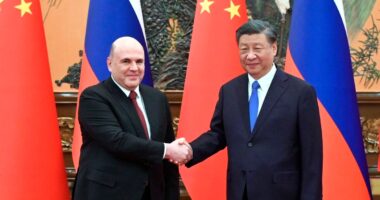
SYDNEY—To harvest red papaya in northern Australia’s tropical heat, farmer Paul Fagg has long drawn on an unusual labor pool of overseas tourists.
Not this year.
Australia crushed the coronavirus with one of the strictest border-control regimes in the world. But that success is causing trouble for the nation’s farmers, who can’t get the labor they need to pick and plant crops. Backpacking tourists, who typically account for 80% of the workforce harvesting fresh produce, have left in droves since the pandemic began, with no arrivals to replace them. Seasonal workers from the Pacific islands are also mostly locked out, despite many nations being considered free of Covid-19.
Quarantining laborers on farms has been tried, but it falls well short of what growers need. Few Australians have taken up offers of government money to relocate to rural areas. The labor shortage is hurting the economy: Farmers report declining profits, and some fear foreclosure. Many are now planting fewer crops, which could drive up food prices.
With exhaustion rising among regular staff at the 190-hectare Skybury farm and little prospect of extra help, Mr. Fagg and colleagues decided late last year to rip out older papaya plants and sacrifice around $100,000 in monthly revenue.









